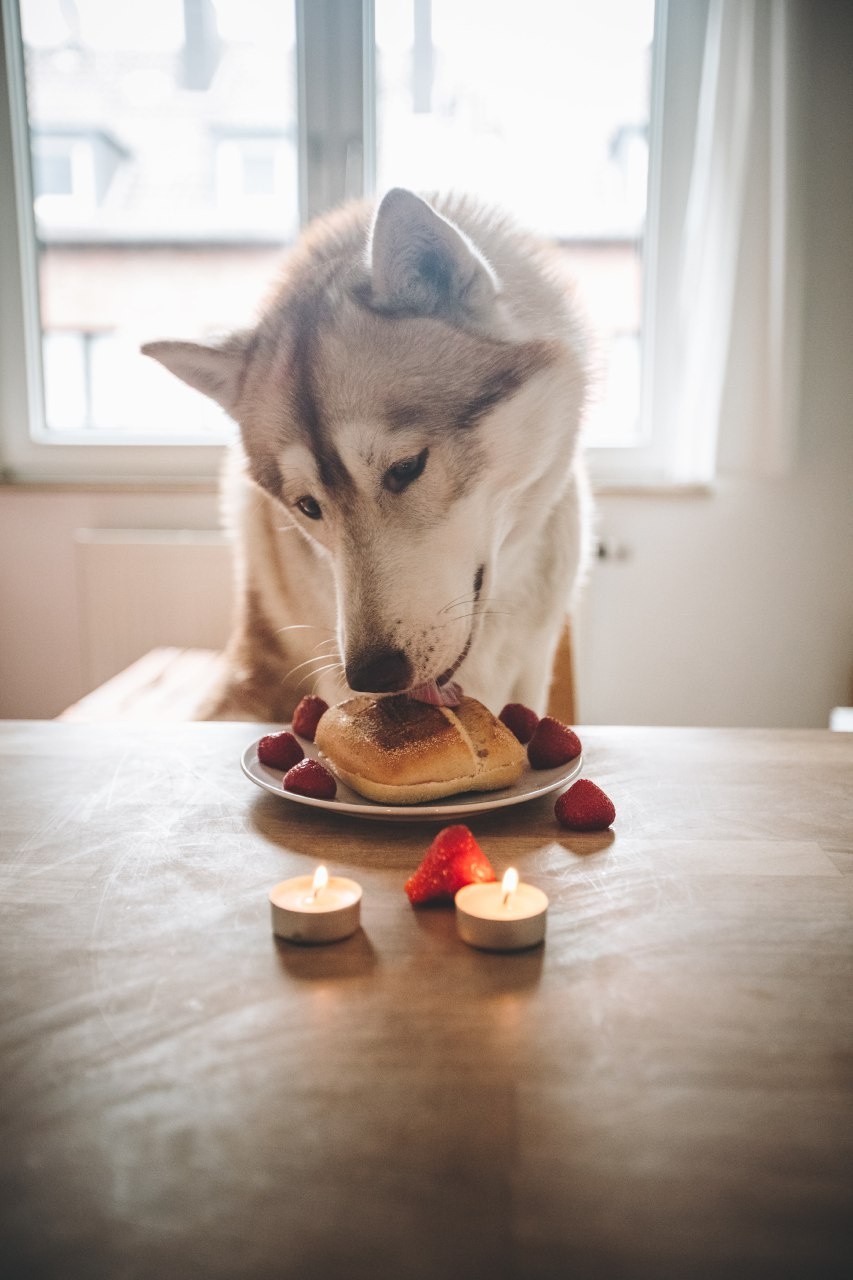
As long as your dog likes the food that you're giving it, does not have indigestion issues, and their stools are normal and regular, you can easily assume that your dog is doing just fine, right? While this can be true, sometimes it isn't the case.
As a dog owner, you need to constantly review what, when, and how much you feed your dog. You'll also need to review and change the type of food you feed your dog when your dog reaches some stages of their life.
There are various indications to look for when it comes to switching your pet's food. Knowing and understanding these indications can be much more helpful to your dog. Here are some indications that it's time to switch your dog's diet.
Let's get started:
1. Your Dog is Entering a Different Life Stage
Dog foods across almost all brands, be it cheap or expensive, are divided into three categories that fit into your pet's different life stages. First is the puppy food, which is designed for dogs below one year of age. Second is the adult food, which is designed for dogs aged between one and seven years. Lastly is the maturity food for dogs who are entering maturity and later into old age, usually around seven years and above.
While most people switch from puppy food to adult food when their dogs come of age, it is important to check whether the adult food you're feeding your dog is right for their life stage. Younger dogs require different nutrition to their older counterparts and so you need to check if your current dog's food is appropriate for your dog's life stage.
2. Your Dog is Overweight or Obese
Your pet can gain weight for various reasons, including changes in metabolic needs following a spray, endocrine issues, for instance, hypothyroidism, or even because they're taking more calories than they can burn.
For any of these issues, your dog will require a diet with high protein content and low in carbohydrates. Be sure to talk to your vet so you can get to know the ideal calorie intake as well as a safe exercise plan.
3. Allergies
Many forms can make your dog suffer from allergy, and allergies to food are among the most common of them. Allergies from food usually occur due to a certain ingredient in the food that your dog is not agreeing with. It can be a coloring or flavoring agent, or a real ingredient like wheat or any other grain.
If you suspect that your dog is suffering from allergies, changing your dog's diet is among the steps you can take to control the situation. You'll be surprised at the effects such a small change can have on your pet's general wellbeing.
4. Lethargy or Weakness
Your dog may be a little worn out if he recently underwent illness, surgery, or a stressful event. You can boost your dog's immune system response by providing them with diets with considerable amounts of antioxidants.
Don't forget to have your dog checked by a vet if he suddenly acts lethargic and weak before making any dietary changes
5. Dull, Flaky Coat
You should look at your dog's diet if their coat is persistently dull or looks unhealthy. A good dog diet should support their whole body, including making their coat look attractive. If your pet's coat is not as it should, consider checking at their diet to see if they are missing out on important nutrients. If that's the case, consider changing their diet.
6. Loss of Appetite
Your dog can lose his appetite or lose enthusiasm due to several reasons, including poor health and not finding the food appealing.
If your dog appears disappointed when you give them food, you should consider changing their food to something more appealing to their palate and to get their enthusiasm for food back.
7. Your Dog is Having Urinary Issues
If your dog shows signs of urinary tract infections, it can be a sign that you need to switch to a diet that can help with bladder problems.
Foods such as cranberry can help lower the urine PH as well as phosphorous and magnesium levels. GAGs supplements can help with bladder lining inflammation.
However, be sure to have your dog examined by your veterinarian to determine whether the urinary problems are due to anatomical causes. They'll discuss the right diet for your dg's specific needs.
© 2025 NatureWorldNews.com All rights reserved. Do not reproduce without permission.





